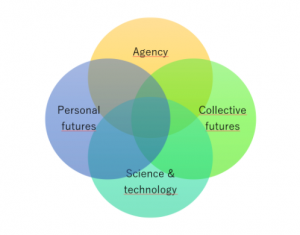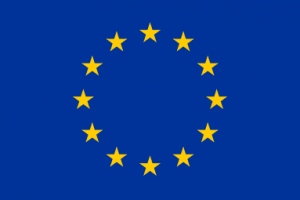A lack of stable future horizons, caused by global crises and accelerating societal and technological development, obscure young people’s relationship with the future. At the same time, future-oriented transformative actions are needed more than ever. Science education has a significant potential to provide students with tools for connecting with, and finding agency within, their personal as well as collective futures. Science education is also a natural context for young people to examine their hopes and fears regarding technology, linking the transformative power of technological development to human value-based agency.
To address these issues while leveraging their interconnections, FEDORA Work Package 3 titled “Futurizing science education - Analysis of Blind spot 3”, has set out to analyse young people’s perceptions of the future in relation to science and technology. Building on earlier initiatives to develop future-oriented science education, we have developed an analytical framework interconnecting literature on science education, futures studies, youth studies, science and technology studies and educational studies on agency. The goal is to collect information to represent students’ conceptions in and between the domains of personal futures, collective futures, agency, and science & technology.
The FEDORA consortium has launched four part-studies employing the framework, each focusing on some domains and their connections presented in Figure 1. The partners are currently working to compile the preliminary results, integrate and interpret them using the shared framework, and come up with research-based recommendations to be used when developing future-oriented science education modules during the second project year. Stay tuned!

Figure 1. The domains of students’ perceptions under investigation in FEDORA: personal and societal/global (‘collective’) futures, agency, and science & technology. The empirical research in FEDORA focuses especially on the interrelations (overlaps) between these domains.
